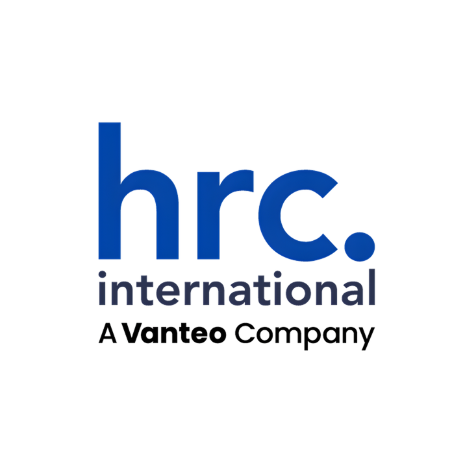The hospitality industry is on the brink of transformative changes as we approach 2025. For future participants eyeing opportunities in the U.S. through the J1 Visa program, understanding these emerging trends is crucial. This article delves into the anticipated shifts in hospitality, including the integration of artificial intelligence (AI) in guest services and the rise of sustainability practices.
1. The Rise of AI in Guest Services
Artificial intelligence is rapidly transforming guest services within the hospitality sector. Beyond the familiar chatbots, AI is now delving deeper into predictive analytics to forecast demand and tailor personalized guest experiences. According to HospitalityNet, hotels are leveraging AI to analyze vast amounts of guest data, enabling them to anticipate preferences and offer customized services.
Moreover, AI aids in converting unstructured data into actionable insights. By understanding guest behaviors and preferences, establishments can enhance service delivery, ensuring a more personalized and memorable stay, as noted by DigitalGuest.
👉 Implications for J-1 Participants: As AI becomes more embedded in hospitality operations, participants should familiarize themselves with these technologies. Experience with AI-driven tools will be invaluable, as many establishments seek tech-savvy individuals who can navigate and leverage these systems to enhance guest satisfaction.
2. Embracing Sustainability
Sustainability has transitioned from a buzzword to a core principle in hospitality. Guests are increasingly seeking eco-friendly accommodations and services, prompting establishments to adopt sustainable practices, such as reducing energy consumption, minimizing waste, and sourcing locally produced goods, according to SHMS.
Innovations in sustainable food practices are also gaining traction. Chefs are focusing on utilizing entire ingredients to minimize waste and are exploring plant-based menus to reduce environmental impact. For example, renowned chefs are pioneering methods to use all parts of ingredients, promoting zero-waste cooking, as highlighted by Bon Appétit.
👉 Implications for J-1 Participants: Participants entering the hospitality field should be prepared to engage with and contribute to sustainability initiatives. Understanding eco-friendly practices and being able to implement them will not only align with industry standards but also meet the expectations of environmentally conscious guests.
3. Personalization and Guest-Centric Experiences
The future of hospitality is leaning heavily towards personalization. Guests now expect services tailored to their individual preferences, from customized room settings to personalized dining experiences. Technology plays a pivotal role in this, with AI analyzing guest data to offer bespoke services, as reported by HospitalityNet.
👉 Implications for J-1 Participants: Understanding the importance of personalization in guest services will be crucial. Participants should be adept at utilizing available technologies and data insights to cater to guest preferences, thereby enhancing the overall guest experience.
Related: The Importance of Customer Experience in the Hospitality Industry
4. Technological Innovations Beyond AI
Beyond artificial intelligence, other technological advancements are reshaping the hospitality landscape. The adoption of contactless features, self-service options, and virtual reality is becoming more prevalent, driven by a desire to enhance guest convenience and safety, according to Oracle.
👉 Implications for J-1 Participants: Familiarity with these technologies will be beneficial. Participants should be open to learning and adapting to new tools that improve service delivery and guest satisfaction.
5. Legal and Compliance Considerations
The hospitality industry must navigate various legal and compliance issues, including data privacy, cybersecurity, and sustainability regulations. Proper contract management and understanding liability issues, especially concerning guest safety, are essential to avoid disputes and litigation, as noted by NGE.
👉 Implications for J-1 Participants: Awareness of these legal considerations is important. Participants should familiarize themselves with relevant regulations and best practices to ensure compliance and uphold the establishment’s standards.
Conclusion
As 2025 approaches, the hospitality industry is poised for significant transformations. For J1 visa participants, staying abreast of these trends—ranging from AI integration and sustainability to personalization and technological innovations—is essential. Embracing these changes will not only enhance personal development but also ensure a successful and impactful internship experience in the dynamic world of hospitality jobs.
By understanding and adapting to these emerging trends, future participants can position themselves at the forefront of the hospitality industry, ready to meet the evolving demands of guests and employers alike.

